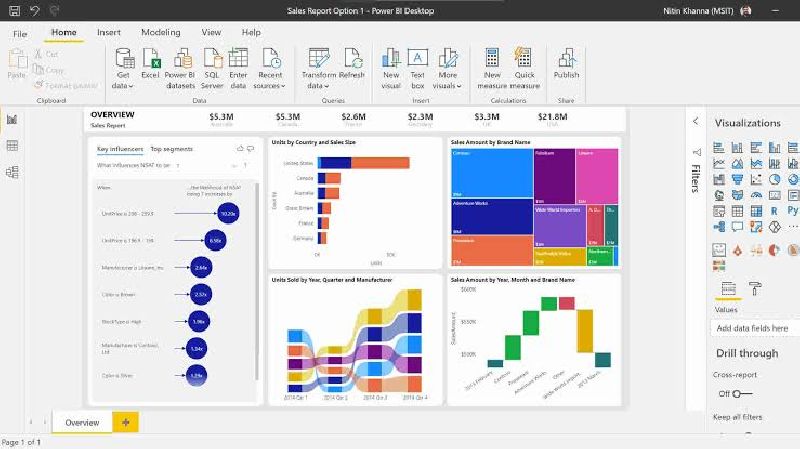
A comprehensive Power BI syllabus typically covers topics like data preparation, visualization, DAX, and report creation. It often includes sections on installing Power BI, handling data from various sources, creating interactive dashboards and reports, and publishing findings. Power BI courses also focus on fundamentals of data visualization, data modeling, and using DAX functions.
Here's a more detailed breakdown of what a Power BI syllabus might include:
1. Introduction and Setup:
Understanding Power BI and its purpose.
Setting up a Power BI account and connecting to the service.
2. Data Handling and Preparation:
Connecting to different data sources (Excel, databases, cloud platforms).
Data cleaning and transformation using the Power BI Query Editor.
Understanding and applying data modeling techniques.
3. Data Analysis and Visualization:
Creating basic visualizations (charts, graphs).
Understanding DAX (Data Analysis Expressions) for calculations.
Developing interactive dashboards and reports.
4. Advanced Topics:
Creating custom visuals.
Power BI Mobile and its features.
Working with Power BI Service for publishing and sharing reports.
5. Optional Modules (depending on course structure):
Advanced DAX techniques.
Integration with other Microsoft products (e.g., Excel).
Data governance and security within Power BI
There are no formal prerequisites or eligibility requirements to use or learn Power BI. Anyone interested in using the tool can learn and apply it. While there's no required degree or prior experience, certain skills and knowledge can be helpful, especially for more advanced roles.
Educational and Skill Prerequisites:
No formal requirements:
There are no specific degree or experience requirements to start learning or using Power BI.
Helpful skills:
While not mandatory, having a background in business, finance, computer science, or data science can be beneficial, especially for advanced roles.
Data analysis and visualization knowledge:
Familiarity with data analysis and visualization concepts is helpful, as is experience with data modeling and data transformation techniques.
Technical skills:
Experience with SQL, JavaScript, and other data analysis tools can be advantageous.
Programming skills:
While not essential, some familiarity with programming languages like Python or R can be useful for more advanced use cases, according to DataCamp.
For Power BI Certification:
No formal prerequisites:
The PL-300 Microsoft Power BI Data Analyst certification exam has no formal prerequisites.
Recommended experience:
While not required, having a fundamental understanding of data repositories, data processes, and experience with data analysis is recommended for exam preparation, according to M
icrosoft Learn.

Course Code : S-CCC01

Course Code : M-DCA02

Course Code : M-ADCA01

Course Code : S-CCA01

Course Code : S-GRAPHIC DESIGNING
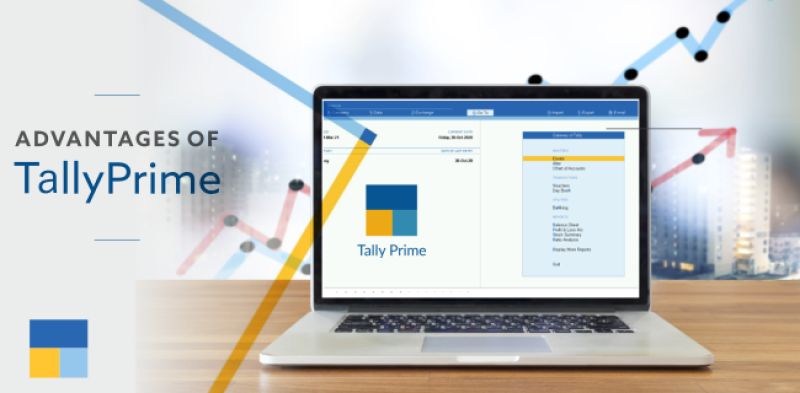
Course Code : S-TALLY01

Course Code : M-O LEVEL
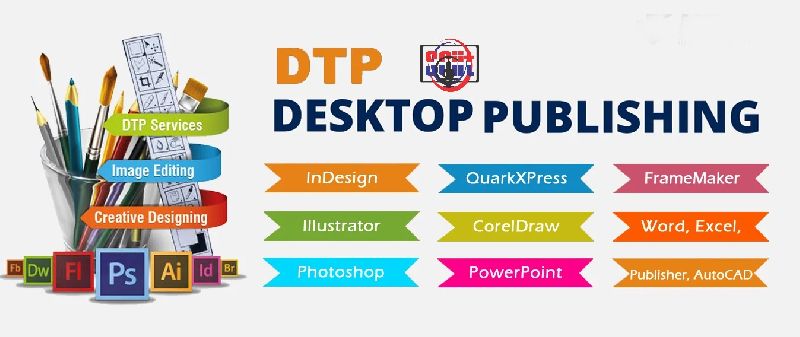
Course Code : S-DTP0102

Course Code : CA01

Course Code : S-CCIT
Course Code : M-CCA01

Course Code : S-TYPING
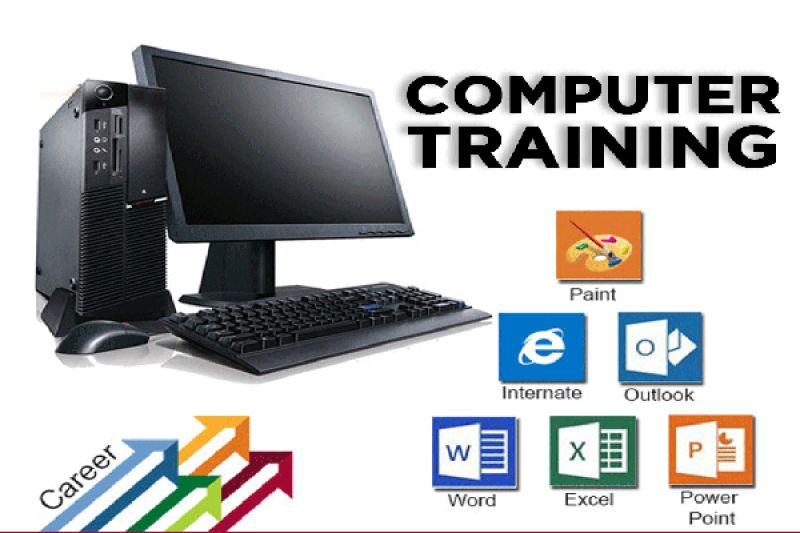
Course Code : S-DCA02

Course Code : S-TALLY PRIME 5.0

Course Code : S-DFA01

Course Code : TAX

Course Code : S-MSE
Course Code : S-BUSY
Course Code : S-MARG

Course Code : M-DCHNL

Course Code : M-ADFA

Course Code : M-DOMP

Course Code : S-PBI
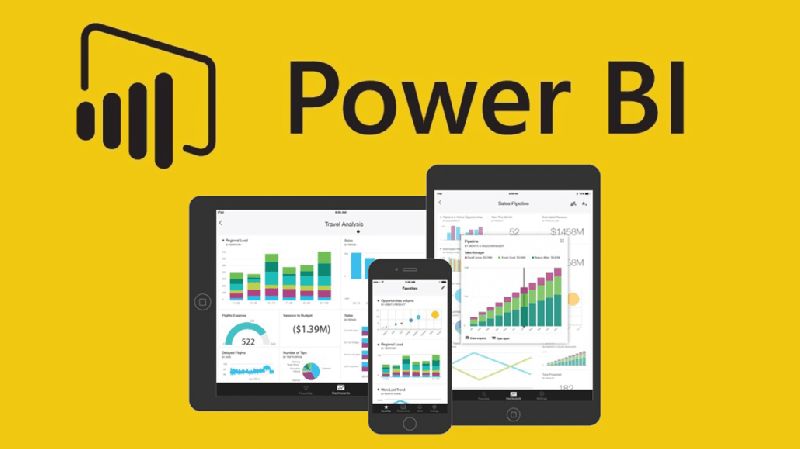
Course Code : M-PBI

Course Code : M-DCHN

Course Code : S-CAD
Course Code : S-BUT01
Course Code : S-CAD2D
Course Code : S-PJCT-4
Course Code : S-PJCT-5
